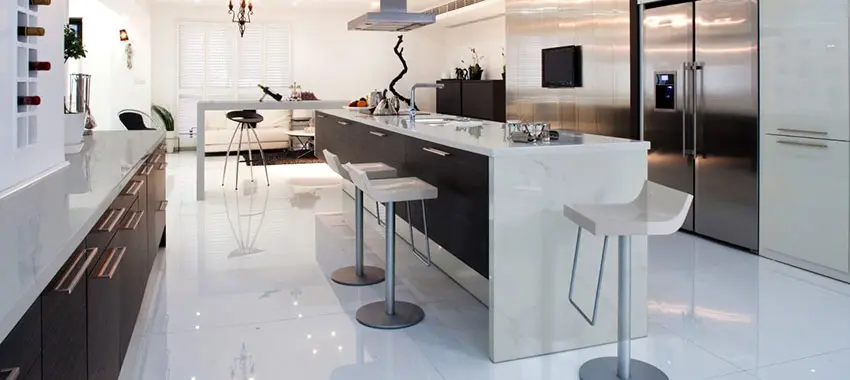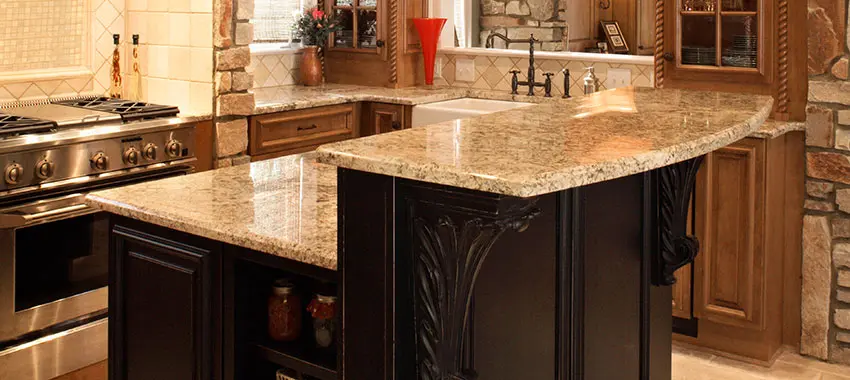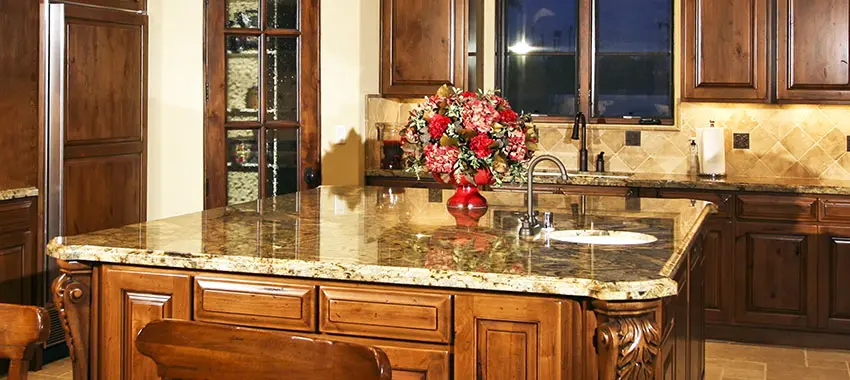Aug
Do You Need Hot Pads On Granite?
If you are wondering, do you need hot pads on granite? You must be new with granite countertops, and you are wondering whether they need any form of protection, right?
The answer is yes, you need to place hot pads on granite to protect the surfaces from damage.
It might sound weird that you need to protect granite while it’s one of the toughest materials in the market, but the truth is that while granite is tough, it’s not heatproof. This means that when you repeatedly place hot items on it, it’s a matter of time before you completely damage it.
To prevent this from happening, you need to use hot pads or trivets at all times. If you don’t have them, let the food cool in the oven, then bring it down once it has completely cooled down and is harmless to the countertops.
What other things do you need when using granite?
Besides the hot pads and trivets, there are plenty of other things you need to have when using granite. They include:
Sealer
Although granite surfaces are tough, they are porous. This means that when water and other liquids spill on the surfaces, if you don’t remove them early enough, they sink to the inner layers and stain your countertops. You don’t want this, do you?
To prevent the staining from coming about, always seal your countertops. You should do the sealing when you are installing the countertops then at least once a year thereafter.
The purpose of the sealer is to prevent the liquids from moving too fast into the inner layers, and as a consequence, you have enough time to wipe them down.
You should note that even if you have sealed your countertops, you should still move with haste and remove the spills because if you delay, the liquids will still get to the inner layers and stain your expensive countertops.
Cutting block
The other thing you need when you are working with granite is a cutting block. Again, even if the countertops appear tough, they aren’t damage-proof. If you repeatedly cut your vegetables and onions directly on the countertops, you will leave knife marks on them, which, as you can guess, will make your countertops ugly, forcing you to replace them so that you can have the countertops of your dreams.
The right thing to do is to always have a cutting board on the countertops at all times—this is where you should cut your vegetables and onions. At no time should you cut directly on the countertops, as you will damage them.
Ladder or stool
The other thing you should have with you as a granite owner is a ladder or stool. What do most homeowners do when reaching for the top shelf? They step on the countertops. Others sit on the countertops as they are preparing the meals. This is wrong.
Yes, granite counters are tough, but when you put a lot of pressure on them, they are bound to snap and break. You don’t want this to happen to your expensive countertops, do you?
To ensure that it doesn’t happen, have a stool in the kitchen to sit on as you wait for the meals to cook. When you want to reach the top shelf or change the bulb, don’t step on the countertops—have a ladder in place instead.
Water and soap
To keep the countertops looking great, you should have water and soap to do the cleaning. Some homeowners think that they should use tough cleaning agents such as ammonia and others for the best-looking countertops, but they shouldn’t.
While these cleaners are great, they are tough on your countertops, so they end up damaging them when you repeatedly use them.
Granite counters are one of the easiest countertops to maintain, and all you need to do is clean them with soap and water.
Stains are the biggest enemies of the countertops, so you should strive to keep them as much as possible. Granite installers Montgomery County MD recommend you avoid using liquids on the countertops as much as possible.
When spills happen, move with haste and get rid of them before they get to the deeper levels and stain the countertops.




